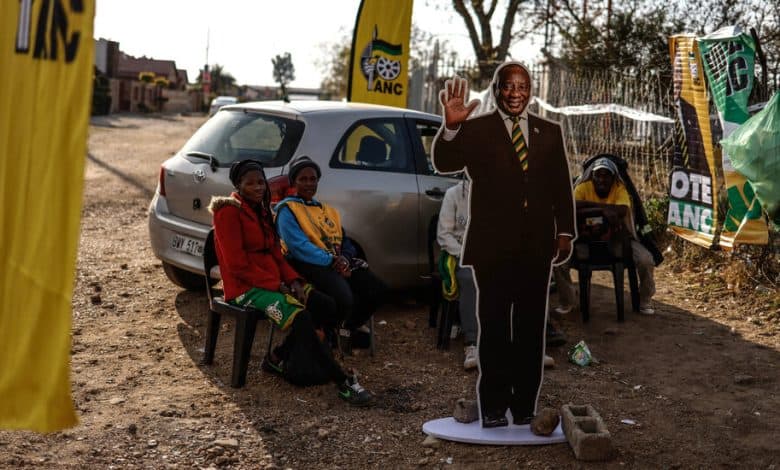Monday Briefing


A cutout of South Africa’s president, Cyril Ramaphosa, who leads the A.N.C.Credit…Paul Botes/Agence France-Presse — Getty Images
South Africa rejected the party that ended apartheid
The African National Congress lost its political monopoly in South Africa for the first time since vanquishing the country’s last white-led regime 30 years ago.
When votes were counted on Saturday, the A.N.C. received only about 40 percent of the vote, a steep drop from the nearly 58 percent that the party won in the 2019 election and far short of winning an absolute majority.
The party, which rose to international acclaim on the shoulders of Nelson Mandela, will now have two weeks to cobble together a government with one or more rival parties. Without an absolute majority, the A.N.C. can no longer handpick the country’s president, and President Cyril Ramaphosa may not have a second term.
One major question is whether the A.N.C. will embrace or shun Jacob Zuma, its former leader, who resigned as president in 2018 because of corruption charges. A party he formed just six months ago won 15 percent of the vote. Here’s what could happen next.
Context: Rampant crime, shortages of electricity and water and one of the world’s highest unemployment rates have led to exasperation with the A.N.C., especially among younger South Africans.
